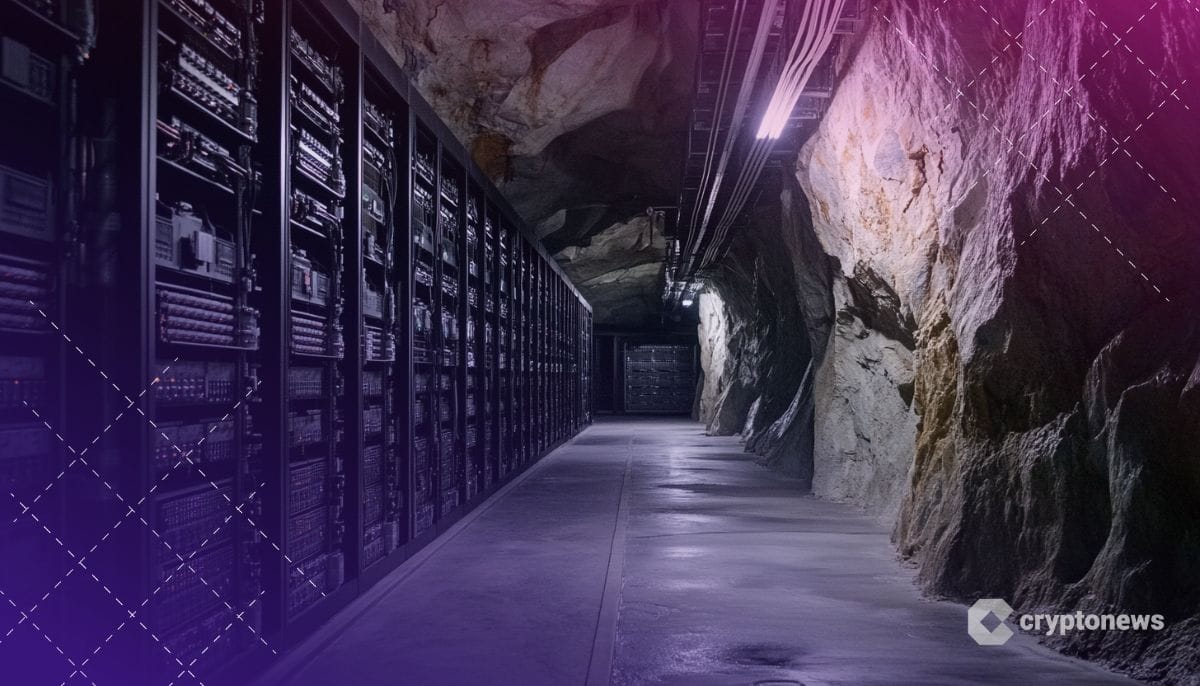Last updated:
 Why Trust Cryptonews
Why Trust Cryptonews
Ad Disclosure
We believe in full transparency with our readers. Some of our content includes affiliate links, and we may earn a commission through these partnerships. Read more

At the close of 2024, the United States solidified its position as a leader in Bitcoin mining, accounting for over 40% of the global hashrate — the total computing power securing the Bitcoin network.
U.S.-based mining pools Foundry USA and MARA Pool played a significant role, collectively mining more than 38.5% of all Bitcoin blocks.
According to data from TheMinerMag, Foundry USA increased its hashrate from 157 exahashes per second (EH/s) at the beginning of the year to approximately 280 EH/s by December.
Foundry USA Becomes World’s Largest Bitcoin Mining Pool
The growth cemented Foundry USA’s position as the largest mining pool globally, with control over 36.5% of the Bitcoin network’s total hashrate.
Meanwhile, Hashrate Index reported that MARA Pool commands around 32 EH/s, contributing 4.35% of the total hash power.
Despite these advancements, China-based mining pools remain influential, controlling 55% of the global hashrate as of September 2024, according to CryptoQuant founder Ki Young Ju.
The dominance persists despite a 2021 ban on cryptocurrency mining in China, with miners circumventing restrictions through virtual private networks (VPNs) and peer-to-peer apps that bypass the national firewall.
Determining the true geographic distribution of mining power remains challenging. Many mining pools rely on international contributors, even if headquartered in a specific country.
As noted by TheMinerMag, this decentralized participation complicates estimates of hashrate dominance.
The concentration of mining power among a few large pools has raised concerns about Bitcoin’s decentralization.
Rajiv Khemani, CEO of mining chip manufacturer Auradine, described Bitcoin decentralization as a national security issue.
Speaking in October, Khemani emphasized the importance of diversifying critical infrastructure like application-specific integrated circuits (ASICs) to avoid supply chain vulnerabilities and ensure no single country controls a majority of the Bitcoin network’s hashrate.
Bitmain Expands Bitcoin Mining Hardware Production to the US
Last month, Bitcoin mining hardware manufacturer Bitmain announced the expansion of its production operations to the United States, citing a strategic goal of improving supply chain efficiency.
The move came amid escalating trade tensions between China and the US, highlighting the growing need for companies to adapt to geopolitical challenges.
The company is believed to control as much as 90% of the global market share for Bitcoin mining hardware.
As reported, Jack Dorsey’s Block has also announced plans to ramp up investments in its Bitcoin mining initiative and self-custody Bitcoin wallet.
At the time, the company said it would reallocate resources from its canceled “Web5” project, TBD, and cut investments in the music-streaming service, Tidal, to support this move.
Meanwhile, at the North American Blockchain Summit last month, the Satoshi Action Fund revealed that Texan lawmakers are exploring legislation for a Strategic Bitcoin Reserve.



